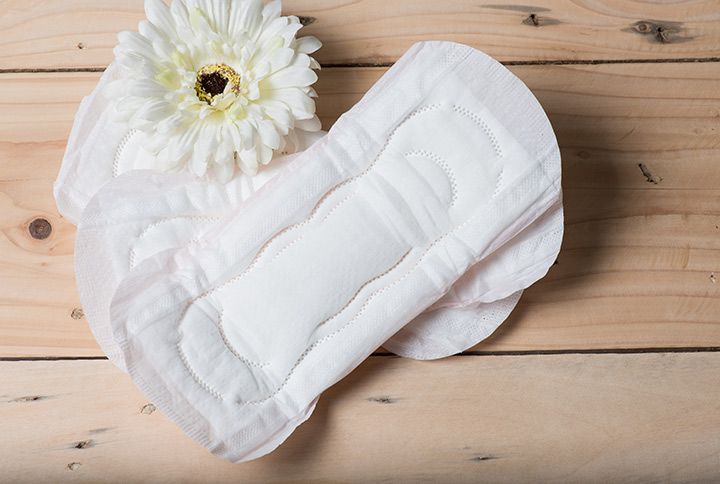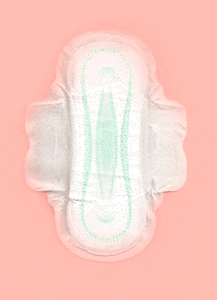
In many parts of India, menstruation still continues to be a topic that’s not openly discussed. Words like ‘period’, ‘sanitary napkin’ and even ‘vagina’ are whispered softly. When I go to buy sanitary pads at my local chemist, they still wrap it in newspaper and hand it over in a black bag, all the while avoiding eye contact.
With such furtiveness over just buying such an everyday-product, there is sometimes ambiguity or lack of information about issues related to it. Such an important issue related to women’s health, needs to be talked of more.
We recently had a conversation on Malini’s Girl Tribe around the issues women face while using sanitary napkins. So we collated all the common queries and reached out to an expert to help answer them. We spoke to Monica Bindra, CEO & Founder of LAIQA, a bio-degradable (93% biodegradable) sanitary napkin brand that has recently entered the Indian market. Read on to see the complete conversation!
1. What are the common concerns women face while using sanitary napkins, and why?
Women often experience rashes, allergies, itchiness and infections due to the high plastic content in pads. The artificial chemical fragrances sometimes cause an unpleasant odour. A pad that does not absorb well creates a wet feeling.

2. How often should one change pads?
It is recommended that a pad be changed every 4-6 hours, depending on the flow. If used for 10-12 hours, it could lead to bacterial growth and even infections.
3. What is the correct method to dispose of used pads?
Used pads should be wrapped in paper bags and put in closed bins. Avoid using plastic bags for disposal. Pads should never be flushed in the toilet as it clogs drains. They shouldn’t be disposed of without a wrapper as open pads with menstrual blood become a breeding ground for bacteria and diseases. Also, they must be segregated from the rest of the household waste.
Separate bins should be placed in public toilets in schools, colleges, malls, offices, airports, train stations, hospitals, etc. Disposal of waste is a big concern in our country, and we must think of the person who has to segregate the sanitary waste with bare hands from the rest of the garbage.
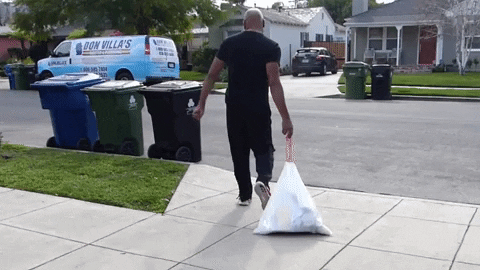
4. Is sanitary pad usage related to other health concerns?
Yes. Pads containing plastic, are a big reason for the increase in the rate of vaginal infections and pelvic inflammatory diseases. It’s very important to use chlorine-free sanitary napkins, as dioxins (a by-product of chlorine) affects the reproductive health of women.
5. Are they safe for long-term use?
Chlorine-free pads, if used properly, and changed every few hours are safe for long-term use.
6. Is it okay to switch brands, or should we stick to one?
There’s no harm in switching brands as long as your pad is not plastic-laden, is ideally biodegradable, chlorine-free, and changed often.
7. Should one stock up for a year, or buy them every month?
Sanitary napkins usually come with an expiry date of two to three years. Please check the expiry date before buying. There is no harm in stocking up as long as you keep them away from moisture, and store them in a cool, dry place.
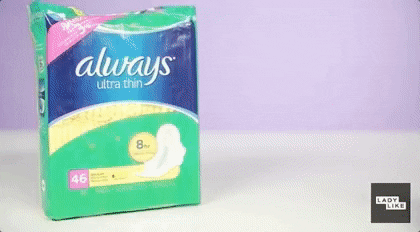
8. Are sanitary pads the best option for menstruating women?
You could try using menstrual cups too. As long as you are comfortable with them, there is no irritation, and you sterilise the silicone cups before and after use every month, they are safe to use. You may be more comfortable using pads while travelling though if you are concerned about cleaning your cup.
9. What’s wrong with the regular sanitary napkins we find in the market? How are biodegradable pads different?
The plastic content in conventional sanitary napkins is 80% to 90%. Not only is this harmful to the environment, it negatively impacts women’s health. These pads cause rashes, allergies, and infections that are detrimental to vaginal health. Biodegradable pads, by contrast, are made of cotton, with less than 10% plastic, making them friendlier to the skin.
10. What impact do non-biodegradable sanitary napkins have on the environment? And why is it necessary to switch to biodegradable ones?
Over 42 million women in India use sanitary napkins. When these pads have extremely high plastic content, they generate an alarming amount of non-biodegradable waste. This plastic waste is either burnt (which releases toxic gases), or occupies landfills (where animals usually eat them). There is no sustainable solution to putting an end to this problem, which makes it is the need of the hour to find an alternative. Using pads that significantly reduce this plastic waste, is a step towards a greener Earth.
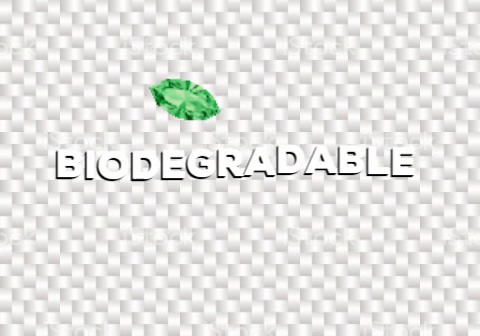
11. What motivated you to create a biodegradable brand of sanitary napkins? Did you face any challenges?
The world today is plagued by extreme use of plastic. From bottles and electronics to even sanitary pads—it is alarming how reliant we are on this environmental hazard. To add to this, these pads have plastic wings, individual plastic wrapper, plastic disposal bags, and plastic on the outer package. Just imagine the kind of waste we generate through our use of sanitary pads alone! Not only did we have to educate consumers about this, but we had to convince them that it was worth buying a slightly expensive pad as it was healthier for both the environment as well as for them.
12. Is there any completely biodegradable or eco-friendly sanitary napkin brand?
There is no 100% biodegradable sanitary napkin yet which is without SAP (superabsorbent polymers). There are many eco-friendly brands available in the market.
13. Menstruation, as a subject, is still taboo in most parts of India. How can we further the conversation? Also, how can we include men in the conversation?
In its essence, a taboo springs from a lack of understanding and the subsequent ignorance of a topic in society. To resolve this at the grassroots level, we must normalise conversations around menstruation. This means women should openly use words like ‘period’ and ‘vagina’, stop hiding their pads in black bags, and embrace their period cycles as something that is natural and beautiful, as opposed to a stigma. When this happens, although people around may be a bit judgmental at first, soon enough this taboo will disappear. Movies like Padman and Period. End of Sentence, have helped open discussions on this subject.
As I have seen while conducting sessions at corporates, it is extremely important to have men present in the room as well. After all, by excluding them you only build on the narrative that this is something to be hidden and whispered about behind closed doors. It is also imperative that mothers teach their sons about menstruation, and schools have sessions with boys and girls about periods, where they don’t peg it as something unnatural, but rather as a phenomenon that can, and that should be openly discussed.

Do you have any questions about sanitary napkins? Please leave them in the comments section below!
We often have such conversations on Malini’s Girl Tribe. To be a part of them, join the Tribe here.

